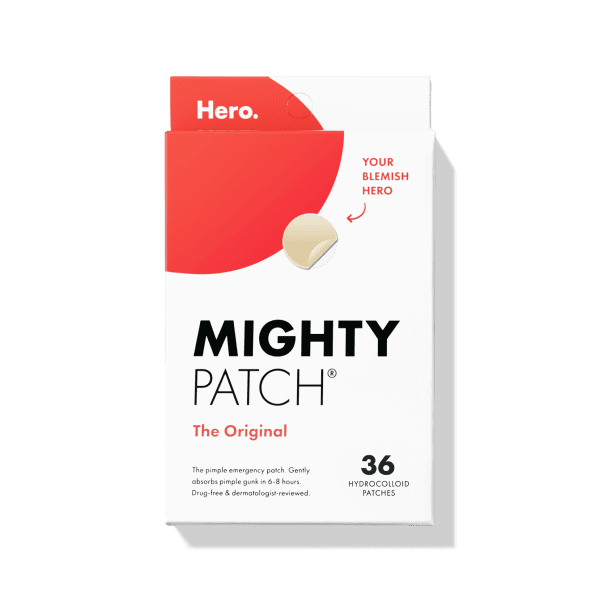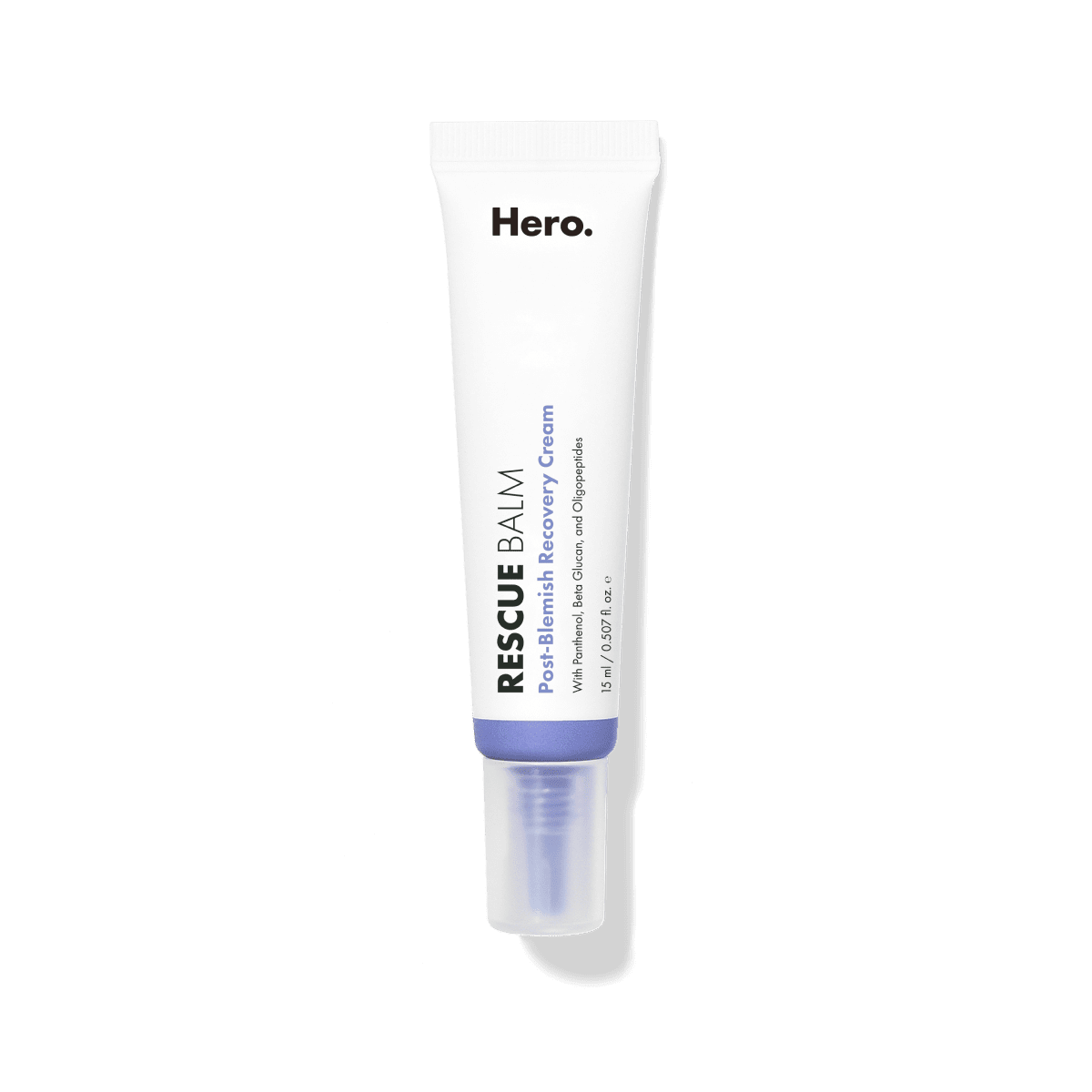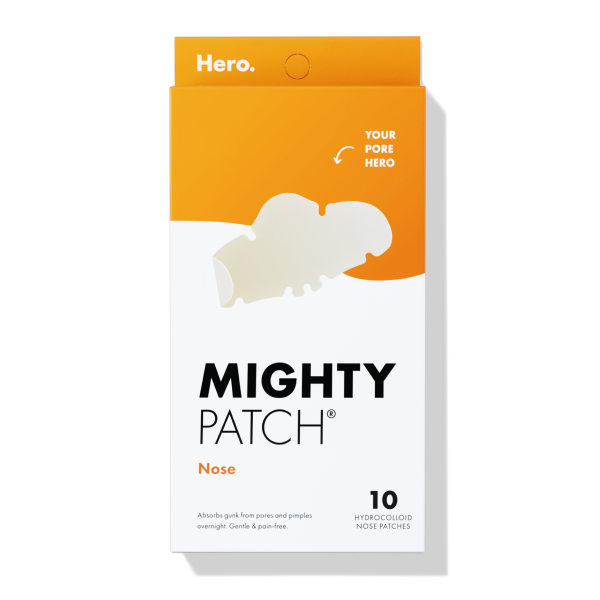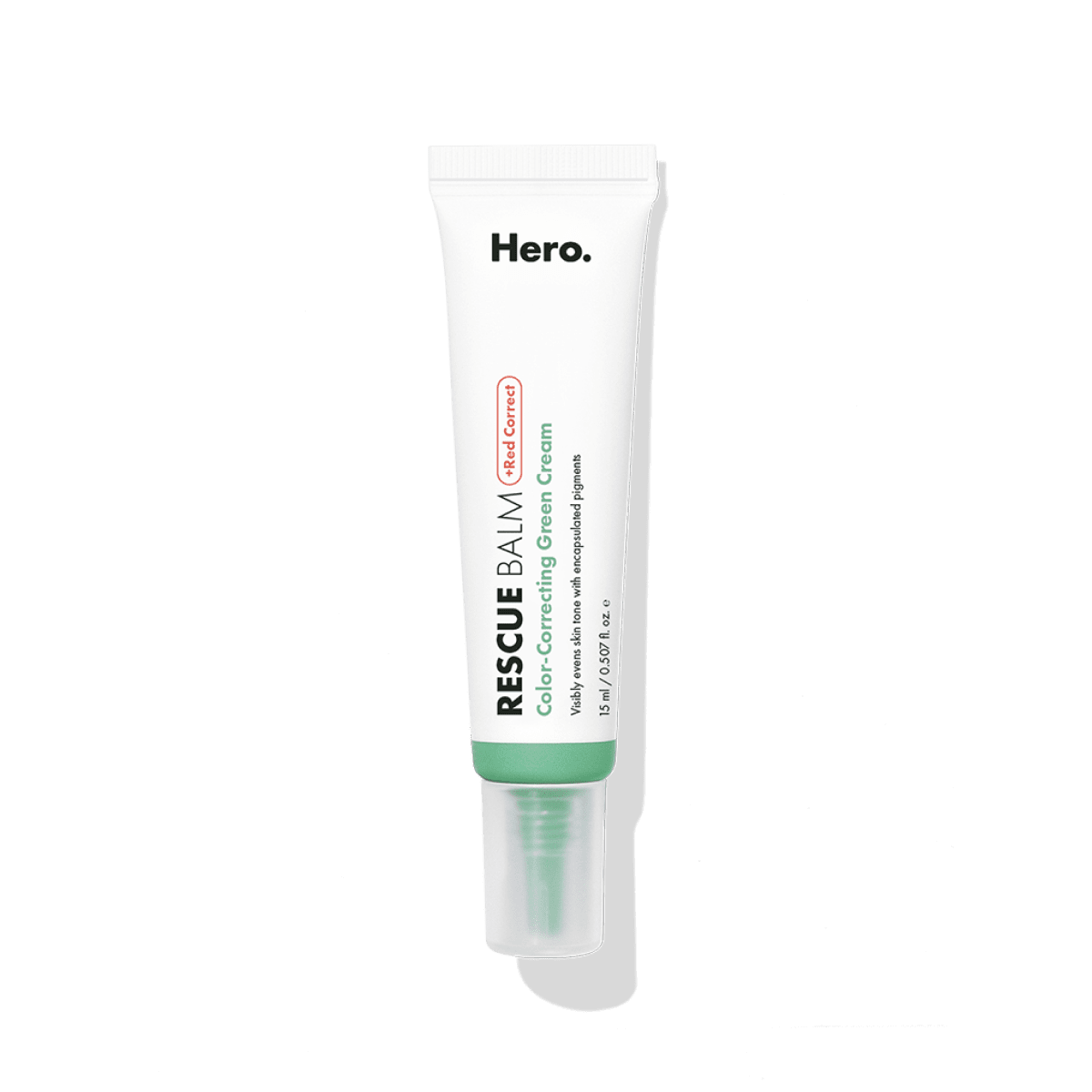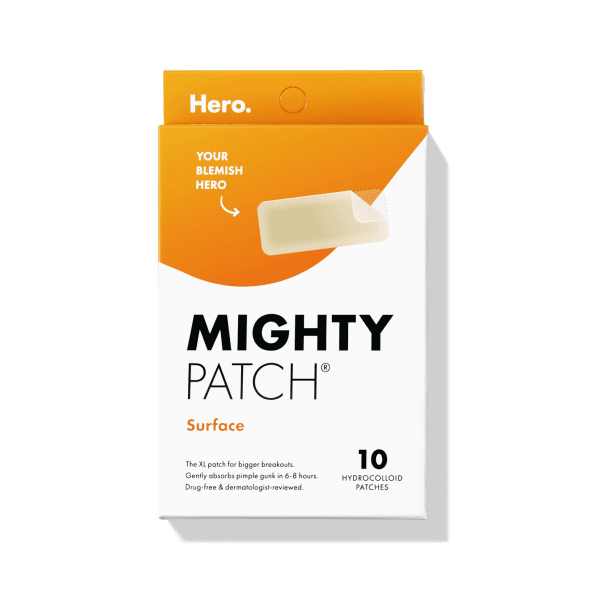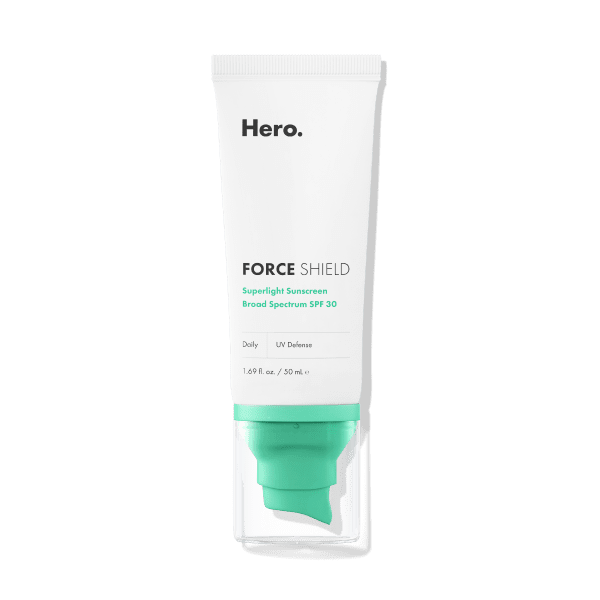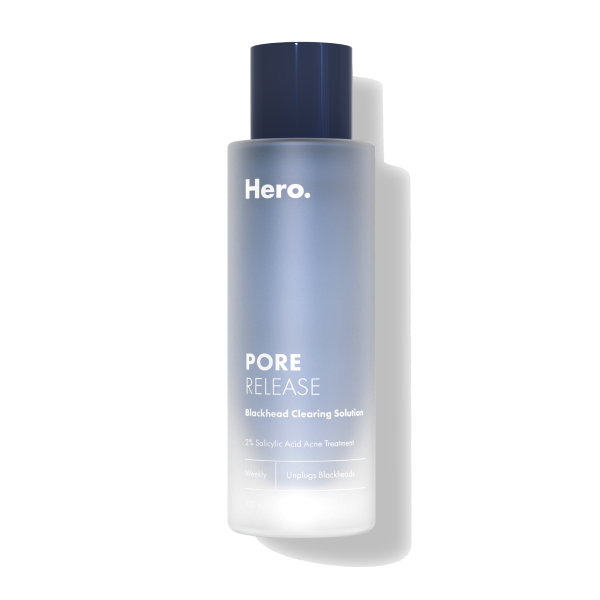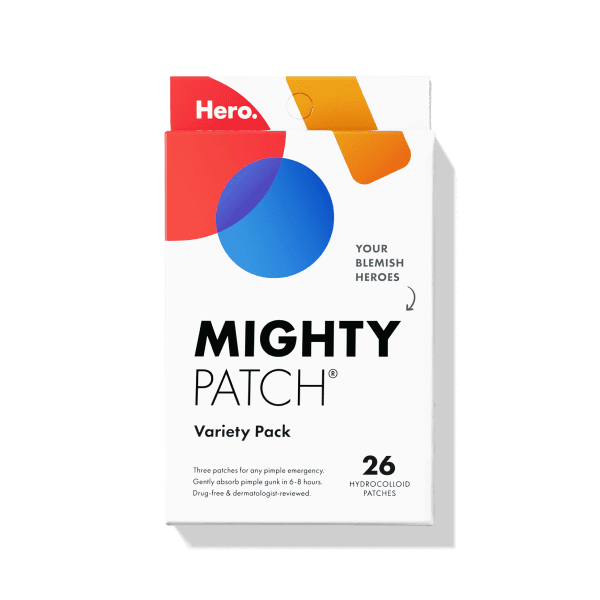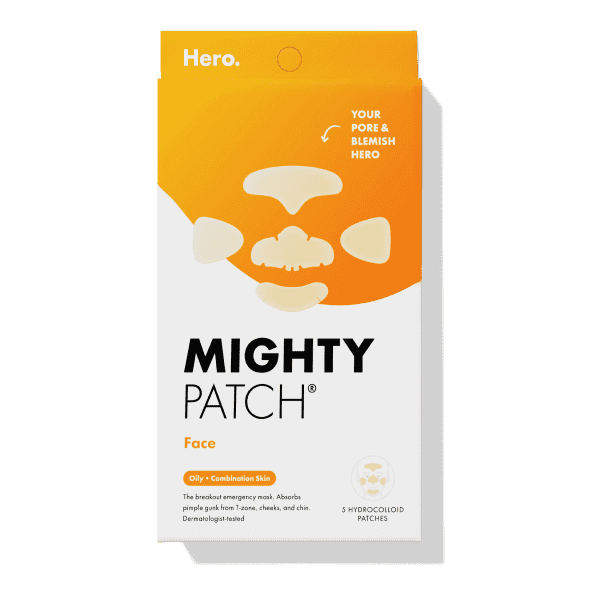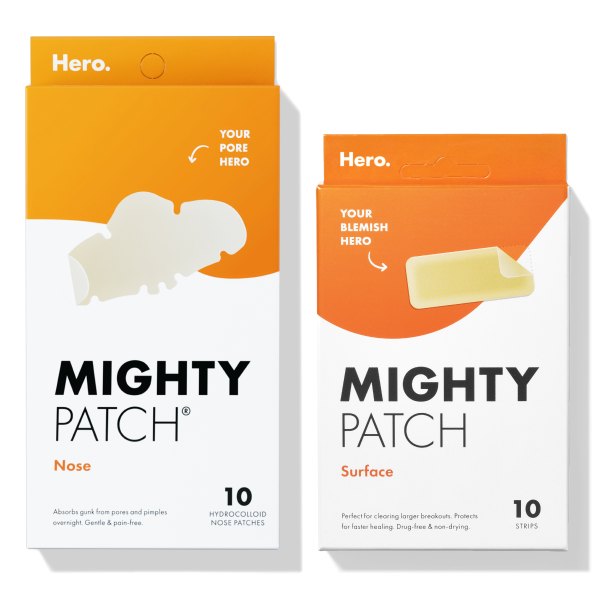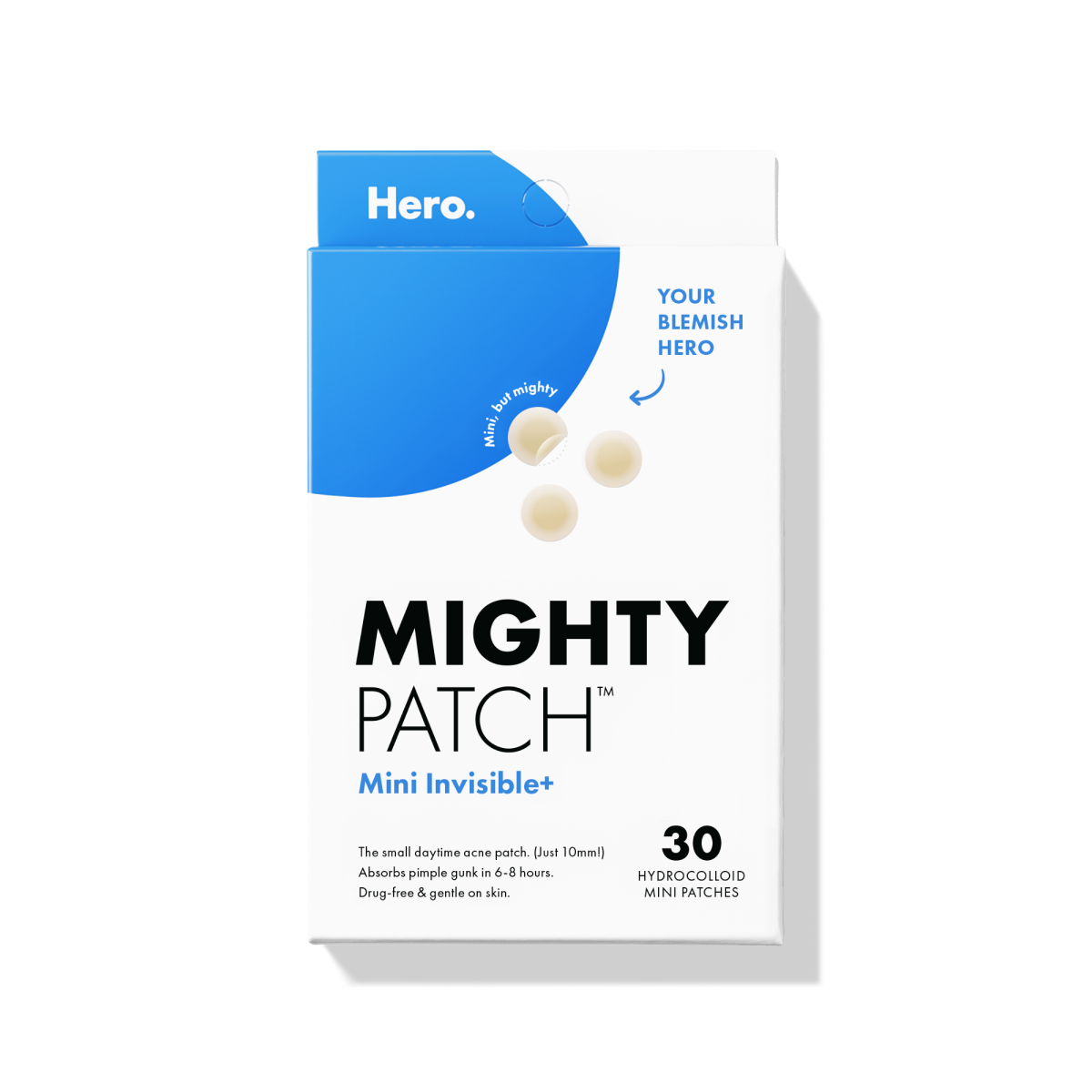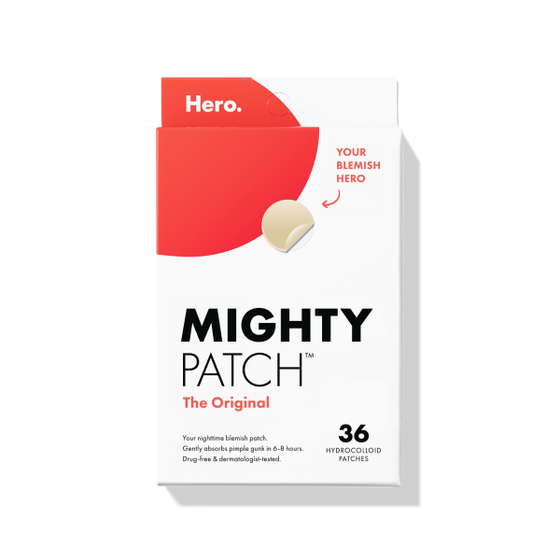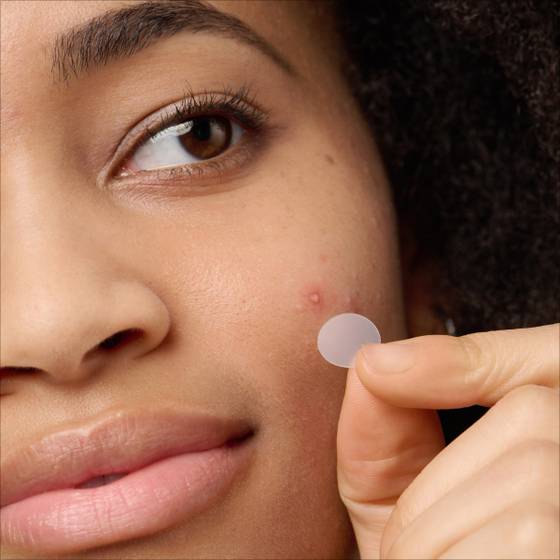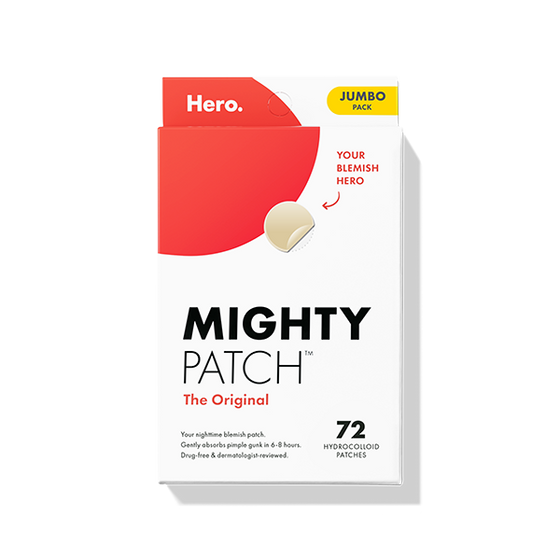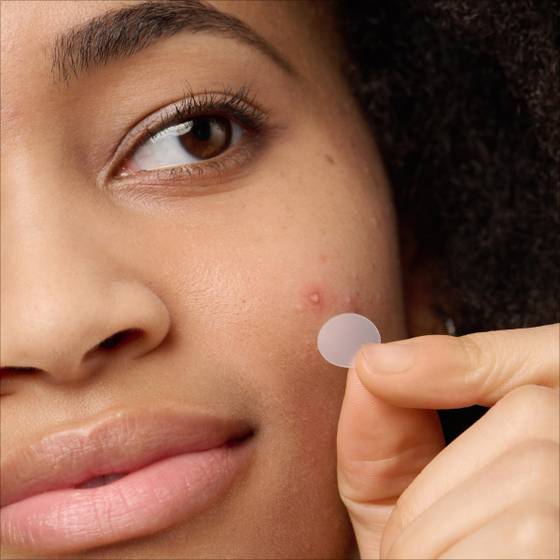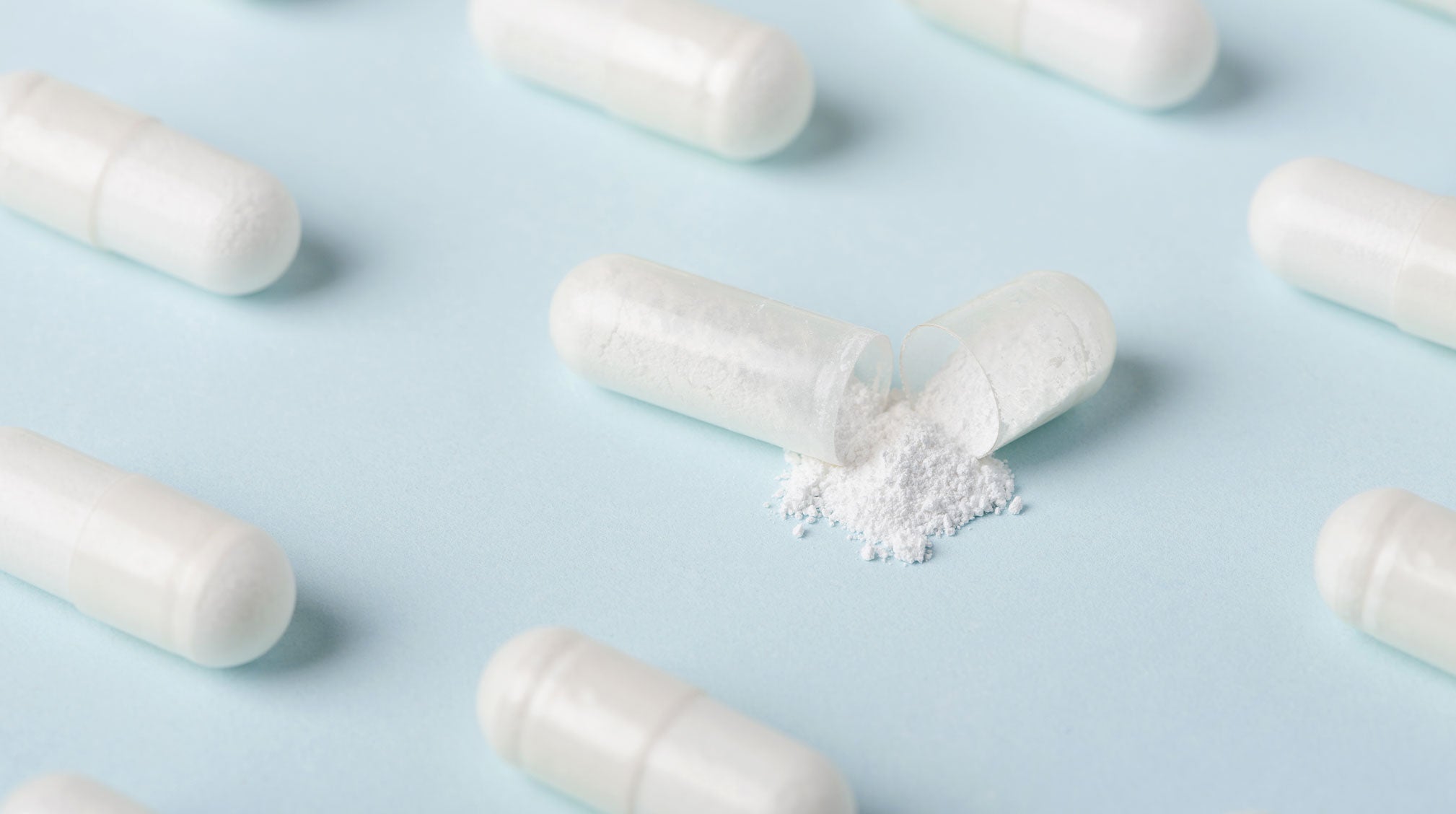
Zinc is an MVP when it comes to essential minerals. It plays a crucial role in many of our body’s vital functions. It helps boost the immune system, aids in wound healing, and supports brain development, among other things. See, we told you it was a power player. Here’s another function we were excited to hear about: Zinc is also said to be an effective acne treatment, hence why it’s become the It ingredient in the skincare world.
Research has found that zinc may decrease sebum (aka oil) production in the skin. And as we know, the less oily your skin is, the less likely you are to get clogged pores and pimples. Zinc also has anti-bacterial and anti-inflammatory properties that protect the skin. Not too shabby, right?
However, our body doesn’t naturally produce zinc, which means we need to get it through either our food or supplements to keep our bodies in tip-top shape and our skin looking fresh.
Intrigued by the trendy mineral? Us too. Below, we’ve outlined the four different ways you can use zinc for acne, plus potential side effects to keep in mind. Let’s dive in.
How to use zinc for acne
1. Apply zinc topically
The most common way people use zinc for treating acne is by applying it topically. Topical zinc treatments can come in many different forms, including pastes, creams, serums, and gels. You can apply them directly to the affected area.
Two of the most popular zincs you’ll hear about are zinc pyrithione and zinc oxide for acne. Zinc pyrithione is the active ingredient found in most dandruff shampoos, which helps kill yeast and fungus. Zinc oxide is commonly found in diaper rash cream and helps repair the skin’s barrier and reduce inflammation.
2. Get a prescription from your doctor
If your acne covers larger areas of your face and body, applying a topical treatment all over may not be the best course of action. Enter oral zinc medications. These need to be prescribed by a doctor or dermatologist and come in tablet or capsule form. Common zinc-based acne medications include zinc sulfate, zinc gluconate, and zinc salts.
3. Take a dietary zinc supplement
One stroll through your local drug store, and you’ll likely spot a bottle of zinc supplements. They don’t require a prescription, so you can purchase them over the counter. You can find zinc-only supplements or opt for a multivitamin that contains zinc. As always, though, be sure to consult with your doctor before taking any type of supplement.
4. Up your zinc intake via food
If you want to keep things super simple, stick to getting your extra dose of zinc via the food that you eat. According to the National Institute of Health, oysters have the highest zinc content, followed by beef, crab, lobster, baked beans, and chicken. Other foods high in zinc include yogurt, cashews, oatmeal, and chickpeas.
*runs to place an online grocery order*
Side effects of taking zinc for acne
As with most things, incorporating more zinc into your skincare regime, either topically or orally, can come with side effects and risks. In high doses, zinc can be harmful and lead to copper deficiency and symptoms such as abdominal pain, vomiting, and muscle cramps. Not fun. Topical zinc treatments can also cause skin irritation to those with sensitive skin, making matters worse. So, as we said, check with your MD first, and if you experience any adverse side effects, discontinue using or taking zinc.
The takeaway
So should you try taking zinc for acne? It’s totally up to you. There is still more research that needs to be done to confirm its effectiveness further. And if you ask most dermatologists, they’ll tell you that zinc medication, supplements, or topical treatments are not usually the first line of defense for treating acne as there are other more effective treatments. But if you’re the type that would rather go the natural acne treatment route, it’s definitely worth giving it a shot and seeing how your skin improves.

